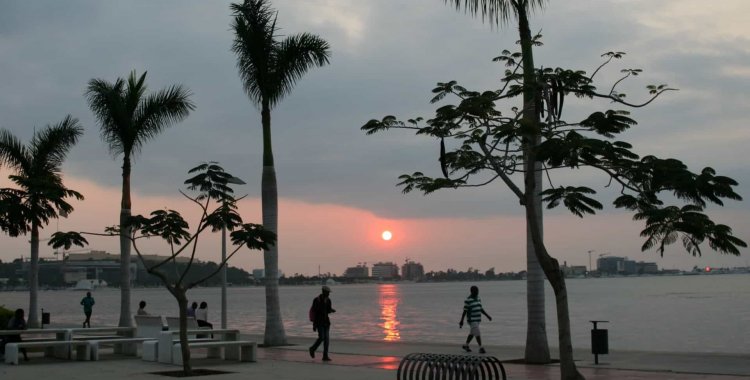The presidential decree declaring a state of emergency in our country, starting at 00h00 on 27 March and ending at 23h59 on 11 April, due to "a situation of imminent public calamity", presupposes the partial suspension of some rights.
These include the right of residence, movement and migration to any part of the national territory, and the authorities may impose "such restrictions as they deem necessary to reduce the risk of contagion through community movement".
Measures may include "compulsive confinement of the person concerned in his own home or in a health establishment designated by the public authorities" and a ban on movement and residence on public roads which are not justified, for example in the exercise of professional activities, medical and pharmaceutical assistance, supply of essential goods or services.
It will be the Government that will define in which situations and for which purpose the freedom of circulation, "preferably unattended", may be maintained.
The authorities may also prevent entry into the national territory or make it "subject to compliance with the conditions necessary to significantly reduce the risk of propagation of the pandemic", through the compulsory confinement of people.
During this period "the provision of any services and the use of movable and immovable property, health care units, commercial and industrial establishments, businesses and other productive units" may be required.
Similarly, the opening and operation, closure or modification of the activity, quantity and price of goods produced and services provided by certain enterprises may be required.
The authorities may stipulate that any workers from public or private bodies must report to and perform other duties for other bodies, in particular for workers in the health, civil protection, security and defence sectors.
The right to strike shall be suspended in any event which could jeopardise the operation of critical infrastructure or health care facilities and of economic sectors vital to the production, supply and provision of essential goods and services.
Restrictions may also be placed on meetings and demonstrations, assemblies or congresses involving a crowd of more than 50 people.
Also to reduce the risk of contagion, religious celebrations and other religious or cultural events such as funerals, weddings, baptisms, birthday celebrations, pilgrimages and processions with more than 50 people may be limited or prohibited.
The head of the executive, João Lourenço, justifies the need to take additional measures, within the framework of the recommendations of the World Health Organization (WHO) and the good practices of preventing and combating the expansion of Covid-19, "within which measures have been taken to severely restrict rights and freedoms, especially with regard to the rights of movement and economic freedoms".







